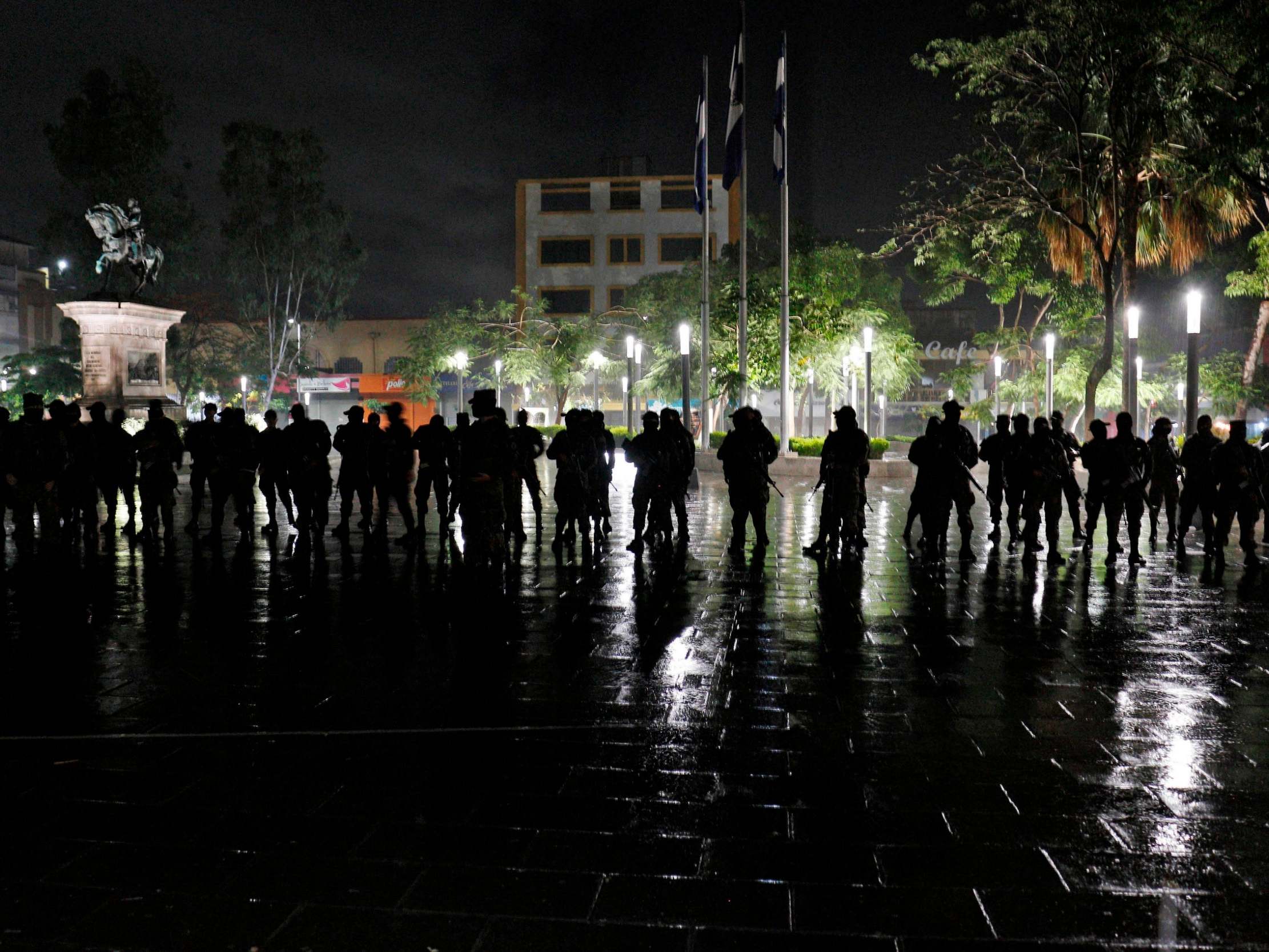El Salvador’s new president celebrates country’s first day without a murder for two years
There have been eight murder-free days since 2000, says criminologist

El Salvador’s new president has touted a rare day without a homicide in the small Central American nation where such violence is a part of daily life.
The last day of July proved somewhat of an exception, when not a single killing was recorded – only the eighth murder-free day in 19 years.
The last time it went a full day without was more than two years ago – on 13 January 2017, and again two years previously on 22 January 2015, with another in 2013 and two in 2012, Al Jazeera previously reported.
President Nayib Bukele, who is in his second month in office, announced the occasion for his often violent-riddled nation.
The attorney general’s office and the mortuary confirmed the president’s comments that there were no homicides on Wednesday 31 July.
Justice minister Rogelio Rivas said there were a total of 154 killings in July – down from 291 during the same month last year.
Criminologist Ricardo Sosa said a murder-free day has only been witnessed eight times since the year 2000.
Mr Sosa said while this could be seen as a sign that Mr Bukele’s efforts against gang violence were working, the challenge would be sustaining the results.
The new president, who announced he’d won the elections in February this year, ahead of assuming office in June, has pledged to improve security and encourage youth away from a path of crime.
In July, he launched a new security strategy called “Secure El Salvador” to tackle crime and violence. The plan, which Mr Bukele had flagged earlier in the year, has five objectives; to prevent crime and violence; improve the justice system; do more to rehabilitate criminals; provide greater protections for victims; and strengthen institutions keeping citizens safe.
The security plan would be carried out over the next few years, starting in Ciudad Delgado where it was launched, before expanding into other cities and municipalities.
El Salvador has what Human Rights Watch has described as one of the world’s highest homicide rates.
The organisation said gangs played a large part in this as they exercised territorial control.
“Gangs kill, disappear, rape or displace those who resist them, including government officials, security forces, and journalists,” it said.
“Security forces have been largely ineffective in protecting the population from gang violence and have committed egregious abuses, including the extrajudicial execution of alleged gang members, sexual assaults, and enforced disappearances.”
The government attributes the cause of the violence on turf wars between the Mara Salvatrucha (MS-13) gang and its rival gang Barrio 18, who it said were involved in drug trafficking and organised crime.
It also estimated there are about 60,000 gang members across El Salvador.
Additional reporting by Associated Press
Join our commenting forum
Join thought-provoking conversations, follow other Independent readers and see their replies
Comments
Bookmark popover
Removed from bookmarks